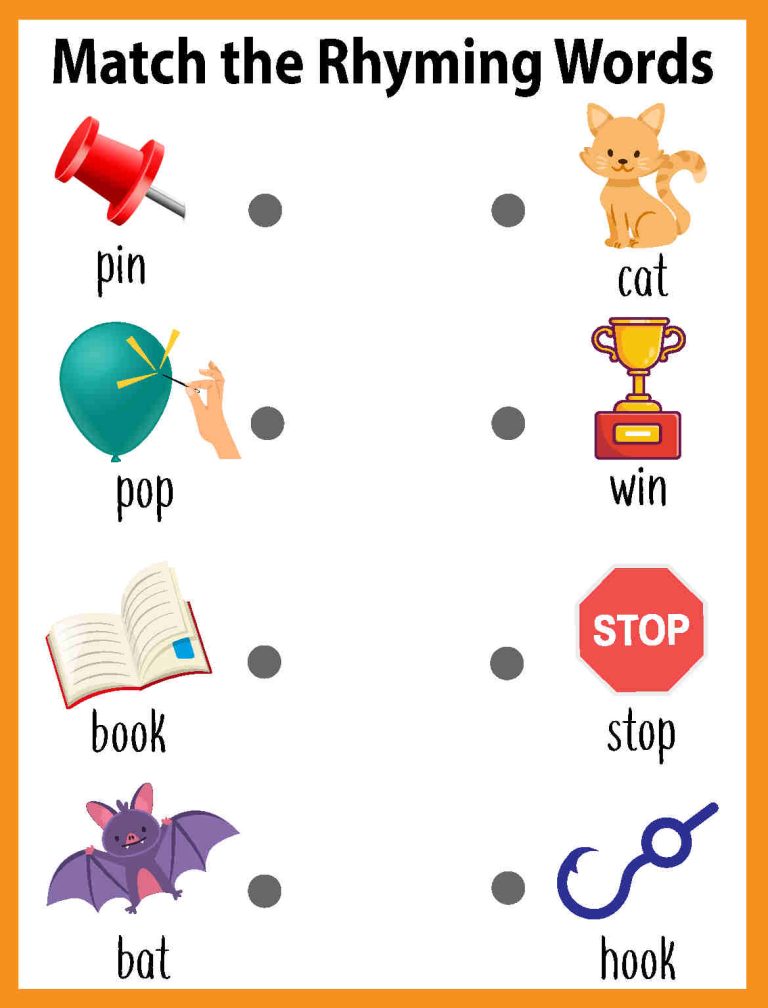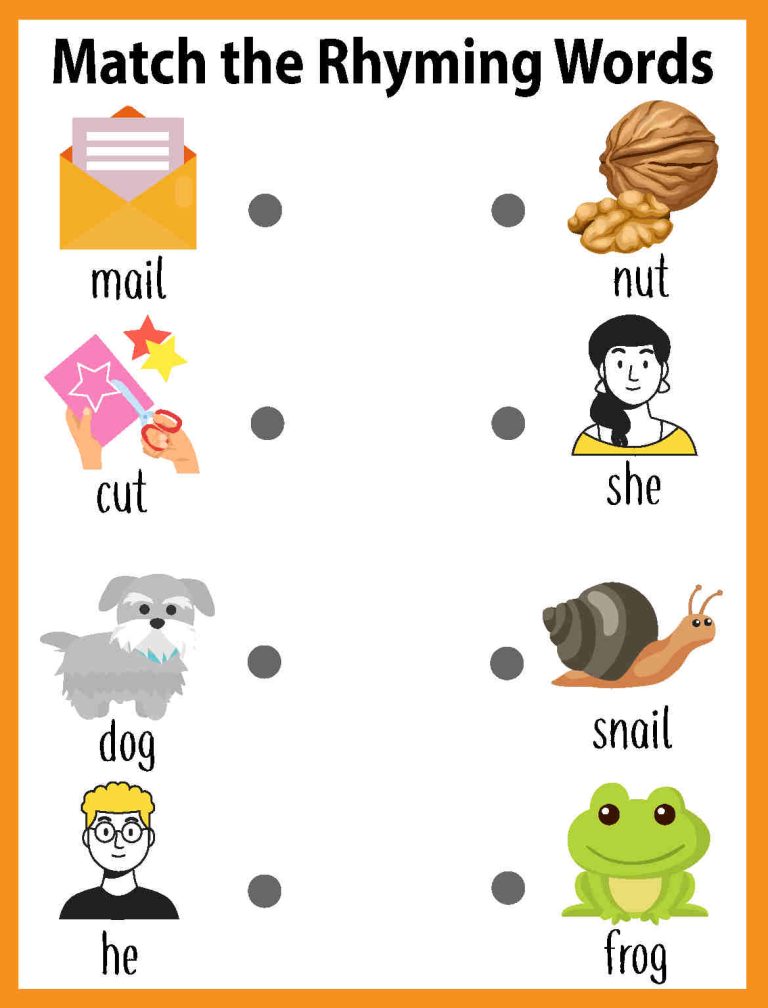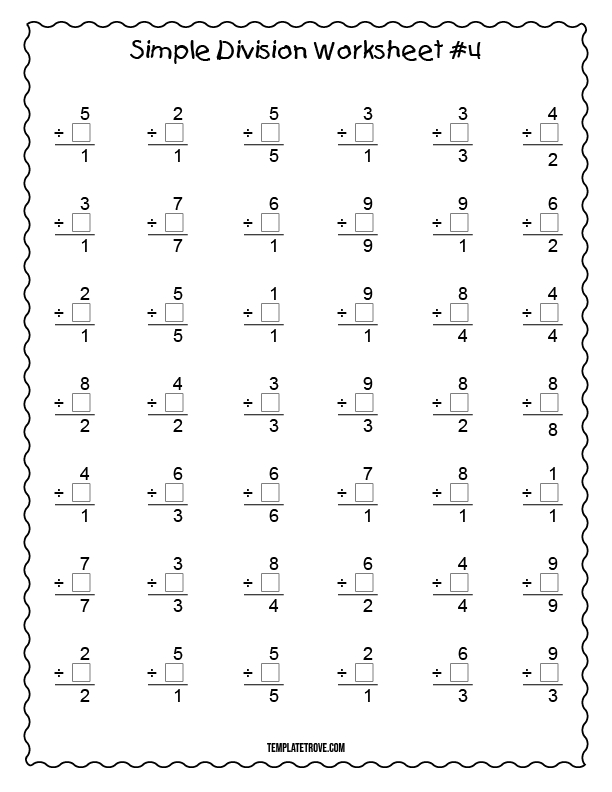Rhyming Words Worksheets for Kids Fun Learning Activities

Unlock the Power of Rhyming Words: Fun Learning Activities for Kids
Learning rhyming words is an essential part of a child’s language development. It not only enhances their phonological awareness but also lays the foundation for reading and writing skills. In this blog post, we will explore the importance of rhyming words, provide engaging worksheets, and suggest fun learning activities to make learning a delightful experience for kids.
Why Rhyming Words Matter
Rhyming words are words that have the same ending sound. For example, cat and hat are rhyming words because they both end with the “at” sound. Recognizing rhyming words is a crucial skill for kids to develop as it:
- Improves phonological awareness: Rhyming words help children recognize the individual sounds within words, which is essential for reading and spelling.
- Enhances language skills: Rhyming words expand a child’s vocabulary and help them understand word families and patterns.
- Boosts memory and concentration: Learning rhyming words requires kids to remember and recall words, which improves their memory and concentration.
Rhyming Words Worksheets for Kids
Here are some engaging rhyming words worksheets for kids to practice and reinforce their learning:

| Worksheet | Description |
|---|---|
| Rhyming Words Match | Match words that rhyme, such as cat and hat. |
| Rhyming Bingo | Play a game of bingo with rhyming words, such as rain and pain. |
| Word Families | Complete word families with rhyming words, such as -at, -an, or -in. |
| Rhyming Scavenger Hunt | Find objects around the house or classroom that rhyme, such as book and look. |
📝 Note: You can create your own worksheets using these ideas or find printable resources online.
Fun Learning Activities for Kids
In addition to worksheets, here are some fun learning activities to engage kids in rhyming words:
- Rhyming Games: Play games like “I Spy” or “Simon Says” using rhyming words.
- Rhyming Bingo: Create bingo cards with pictures or words that rhyme.
- Rhyming Songs and Rhymes: Sing songs and recite nursery rhymes that incorporate rhyming words.
- Word Building: Use magnetic letters or letter blocks to build words that rhyme.
- Story Time: Read stories that feature rhyming words, such as “The Cat in the Hat” by Dr. Seuss.
Tips for Parents and Teachers
To make learning rhyming words a fun and effective experience for kids, follow these tips:
- Make it interactive: Engage kids in activities that involve movement, music, and games.
- Use visual aids: Incorporate pictures, videos, and real-life objects to illustrate rhyming words.
- Be creative: Use rhyming words in everyday conversations and make up your own rhyming games.
- Provide feedback: Encourage kids and provide constructive feedback to help them improve.
In conclusion, learning rhyming words is a fundamental skill for kids to develop, and with the right approaches, it can be a fun and engaging experience. By incorporating worksheets, games, and activities into your teaching or parenting, you can help kids unlock the power of rhyming words and set them up for success in reading and writing.
What is the importance of rhyming words in language development?
+Rhyming words play a crucial role in language development as they improve phonological awareness, enhance language skills, and boost memory and concentration.
How can I make learning rhyming words fun for kids?
+Make learning rhyming words fun by incorporating games, activities, and visual aids, such as pictures, videos, and real-life objects. Use rhyming words in everyday conversations and make up your own rhyming games.
What are some examples of rhyming words worksheets for kids?
+Examples of rhyming words worksheets for kids include Rhyming Words Match, Rhyming Bingo, Word Families, and Rhyming Scavenger Hunt.



